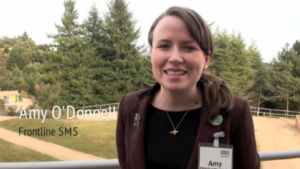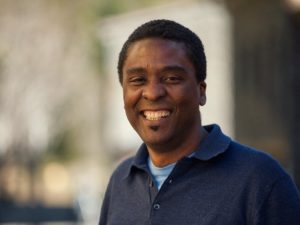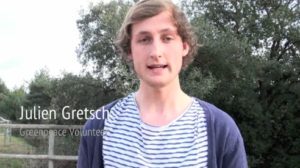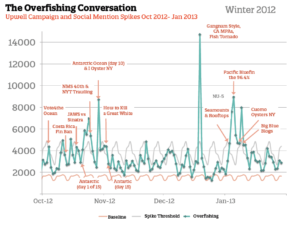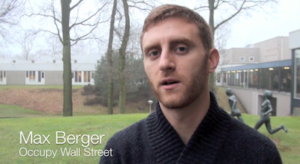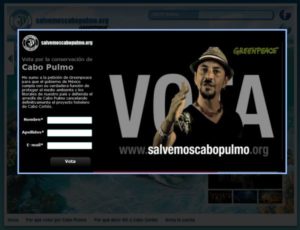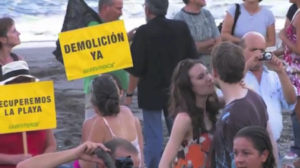The second Digital Mobilisation Skillshare, which took place in the countryside of Catalunya, Spain, on 3-7 February 2013, convened 140 leaders from across Greenpeace to collaborate, showcase and explore how to build campaigns that unleash the potential of its supporters across the globe.
Representatives came from nearly every Greenpeace office, with special focus given on priority and growing regions like Southeast Asia, China, Brazil, as well as the United States.
Recap report
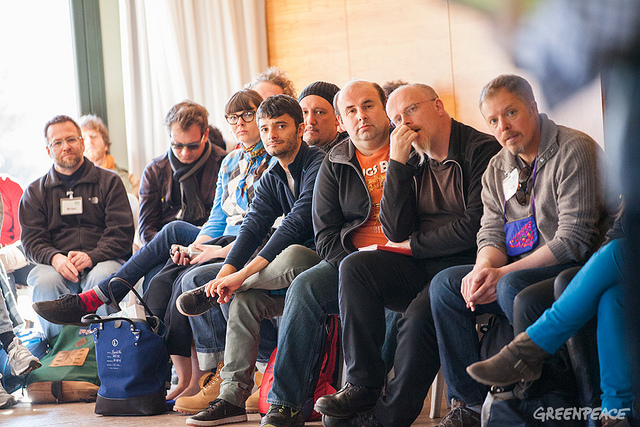
“This is a not a spectator event. You are creating the event every minute.”
When Aspiration Tech facilitator Allen Gun shared these words during the opening, he set the stage for what would become an action-packed agenda on innovation in people-powered campaigning.
MobLab global director Michael Silberman acknowledged how far the organization has come since it began focusing on mobilisation one year ago.
“Last year we talked a lot about what mobilisation could be in this organization, and there was a lot of excitement building,” he told participants.
“This year we’re at an entirely new level within global Greenpeace. We’re at a level where we’re trying to figure out the nuts and bolts of how we get better at designing campaigns and putting people at the center and unleashing all the potential of the 22 million people we’re connected to globally.”
Focusing on three main tracts, Greenpeace staff and five invited guests designed and facilitated sessions on best practices and challenges from the past year, future campaign strategies, and distributed campaigning tactics.
Skillshare sessions highlighted successful mobilisation trends including the use of games to recruit new and younger people, tapping “the crowd” for creative campaign ideas, and integrating online and offline actions.
Participants were given a global view of people-powered campaigning during the popular SpeedGeek sessions which featured case studies from China, Brazil, Switzerland, Argentina and Africa. In those sessions, presenters delivered a five-minute presentation 10 times for small groups, sharing cutting-edge examples like Greenpeace China’s use of local champions, in this case marathon runners, to spread their message of air pollution.

Christian Gyr, youth support center coach at Greenpeace International, presenting.
GPDMS guest and SpeedGeek presenter Edgard Gouveia made the case for how games can empower people to “play” to their highest potential. He created the game Oasis to mobilise thousands of people across the globe and is now working on an open-source game called Play the Call with a goal of attracting two billion people to save the planet in the next four years.
Three volunteers attended GPDMS and their work is demonstrating the potential and diversity of supporter-led campaigns. For example, 23-year-old Julian Gretsch is the founder of Beats Against Coal, a dance party event in the Netherlands that engages young people while incenting clubs to be sustainability leaders.
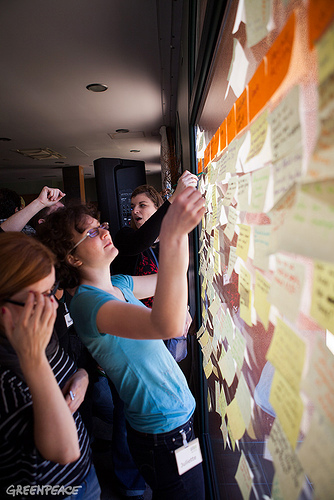
Guests hosted multiple sessions on topics ranging from integrating mobile into communication strategies to peer-to-peer learning. A session held by Upwell director Rachel Weidinger was a favourite among Greenpeace staff, making the case for daily campaigning to create deeper and longer conversations on environmental issues.
Recap videos
Watch highlights of the first day and entire skillshare below:
Stories
We produced several reports based on presentations and discussions at the skillshare:
